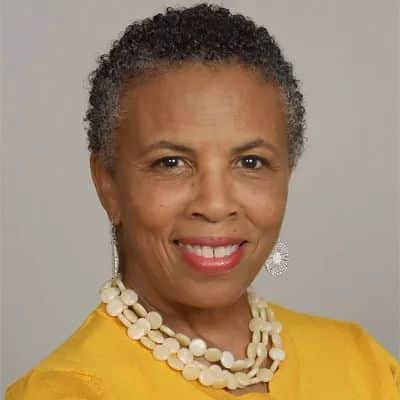In the summer of 2023 American Ancestors/New England Historic Genealogical Society announced the collaborative 10 Million Names project, an undertaking to recover the names of people of African descent who were enslaved in the area of the United States. This monumental task of centralizing datasets about African Americans is likely to take years to accomplish; in the interim, this webinar provides a useful survey of the many existing databases that serve a similar purpose though limited in scope.

Already a member? Log in









You should receive a confirmation email with a link to the webinar soon.
You’ll also receive a reminder both the day before and one hour before the webinar begins.
Didn’t receive a confirmation email?
You successfully registered for %s.
You should receive a confirmation email with a link to the webinar soon.
You’ll also receive a reminder both the day before and one hour before the webinar begins.
Didn’t receive a confirmation email?
To ensure a smooth, high-quality webinar experience, check the quality of your internet connection.
On the day of the webinar, connect 30–40 minutes before and turn off any background software. If you can’t tune in live, you can view the recording later in the Webinar Library. If joining via a mobile device, be sure to first install the free GoTo app.
Questions? Contact us or read our FAQ.
It looks like you’re already registered for this webinar
You can register for another webinar.
Didn’t receive a confirmation email?
It looks like you’re already registered for these webinars
You can register for another webinar.
Didn’t receive a confirmation email?
Something happened on our end, sorry about that
We were unable to complete your registration.
Please try again later.



 Syllabus
Syllabus
 Chat Log
Chat Log
Thank you so much for doing this presentation. I am excited to use these databases and hope they will help me breakthrough a specific part of my research that I have been stuck on for a while.
The Presenter was knowledgeable and well prepared. She presented more material that I haven’t been exposed to before than I hoped for. One of the best classes I’ve taken in years
Extremely helpful and well-presented. I hope this presenter will do more on African Americans. FamilySearch has never done a presentation about the Country of Cabo Verde formerly Cape Verde. The focus seems to be on Caucasians European Countries, and the UK. I’d love to see more of the 1000 African Countries. I do love and appreciate Family Search for all of the help that is provided for free.
This was an excellent presentation! Ms. Garrett-Nelson is a great presenter–clear, interesting, and easy to follow. The information she provided was fantastic; I learned so much about the sources available and also a lot about history along the way. I’m so glad I got to participate!
LaBrenda is a great presenter because she treats us like professional researchers. She gave us so much great information! I love that she found the best sources and compiled them for us. Always a great reminder to look at the actual document.
This speaker is always very helpful. I appreciate her experience, knowledge and research!
Great information!
Excellent.